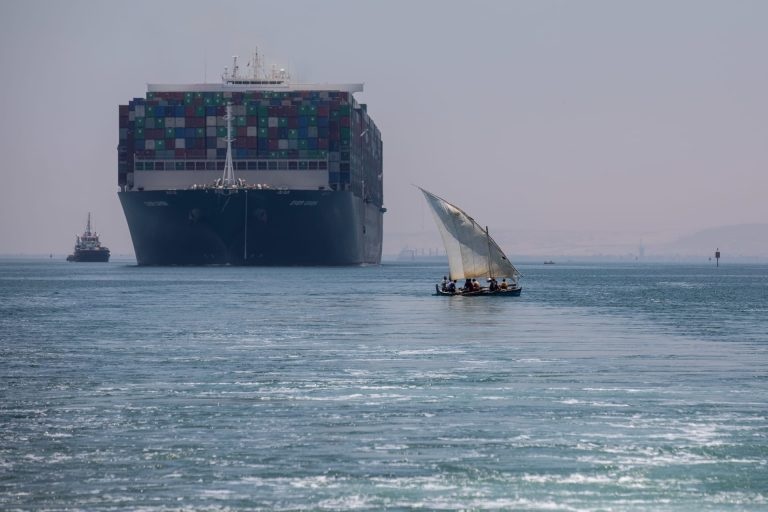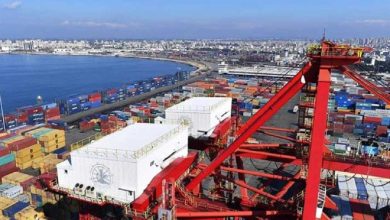Red Sea Attacks: Economic Crisis Grips Egypt as Suez Canal Faces Challenges

Watan-The German radio station “Deutsche Welle” published a report on the economic repercussions of attacks by the Houthi Ansar Allah group on ships associated with Israel in the Red Sea.
The report stated that these attacks pose a significant problem for Egypt, as many ships now avoid using this vital passage and, consequently, the Egyptian Suez Canal. This puts Cairo in a dilemma: either unable to repay debts or resorting to a new loan.
It added that with ships avoiding the Bab el Mandeb Strait between the Arabian Peninsula and Northeast Africa, and thus not passing through the Suez Canal, the Egyptian government is experiencing a significant decline in revenue.
In the fiscal year 2022-2023, the Suez Canal brought $9.4 billion to Egypt from canal transit fees. However, current events indicate that the canal will not be as profitable in the near future.
Osama Rabie, the head of the Suez Canal Authority, recently stated that the canal’s income has dropped by 40% compared to the previous year. Ship traffic between January 1 and January 11 this year also decreased by 30% compared to the same period in 2023.
In contrast, ship traffic in the alternative route around Africa, the Cape of Good Hope, increased by at least 67% to avoid passing through the Red Sea due to fears of Houthi attacks, who demand an end to the Israeli army’s war on the Gaza Strip.
According to the report, Egypt quickly responded to the new security situation by raising transit fees by 5% to 15% to mitigate losses.
The report further notes that the loss of revenue resulting from reduced traffic in the Suez Canal is hitting Egypt at a time when it is facing various economic crisis symptoms, including a decline in natural gas exports, reduced tourism, and a decrease in financial remittances from expatriates working abroad.
Contraction of the Gross Domestic Product (GDP)
The German Trade and Investment Company (GTAI), an economic information service, expects Egypt’s Gross Domestic Product (GDP) to contract from around $475 billion in 2022 to about $357 billion by the end of 2024.
Egypt’s public debt, currently around $165 billion, accounts for about 88% of the GDP, and inflation is likely to rise to over 32%.

More Severe Economic Crisis
Ahmed Tharwat Allah, a former professor at Al-Azhar University in Cairo and an economic expert, stated that Egypt is facing a more severe economic crisis due to the situation in the Red Sea.
He added that more than half of Egyptians are likely to live below the poverty line, meaning that the loss of income from the Suez Canal harms the country even more.
He continued, “This situation, coupled with the devaluation of the Egyptian pound, may leave the government unable to repay its debts, and then it will have to rely on another loan from the International Monetary Fund.”
Egypt Does Not Participate in the Military Alliance
Egypt announced that it would not participate in military operations led by the United States to ensure safe passage for ships in the Red Sea.
Regarding the possibility that this stance could lead to further tension in relations between Cairo and Washington, Mustafa Kamel El-Sayed, a political science professor at the American University in Cairo, stated that this is unlikely. Many countries, including several Western ones, have refused to join the alliance.






